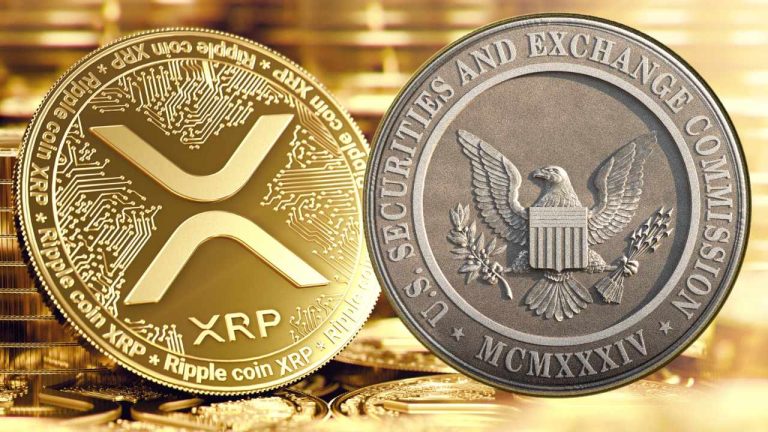Former SEC Official Warns of Reversal in SEC v Ripple Ruling on XRP — Says ‘the Decision Resides on Shaky Ground’

The U.S. Securities and Exchange Commission’s former head of internet enforcement has warned that the ruling on the SEC v. Ripple case “resides on shaky ground” and will likely be reversed. “The Ripple decision grants to the institutional investor full SEC protection … However, the retail investor is not granted any SEC protection at all. This seems backwards to say the least,” he stressed.
SEC v Ripple Ruling ‘Troubling on Multiple Fronts’
Former U.S. Securities and Exchange Commission (SEC) official John Reed Stark shared his analysis of the SEC v. Ripple ruling concerning XRP on Linkedin Friday. Stark is currently president of cybersecurity firm John Reed Stark Consulting. He founded and served as chief of the SEC Office of Internet Enforcement for 11 years. He was also an SEC enforcement attorney for 15 years.
“The Ripple decision is troubling on multiple fronts,” he stressed, adding:
IMHO, the decision resides on shaky ground, is likely (and ripe) for appeal, will likely result in reversal and is not necessarily a cause for celebration.
Regarding the offering of securities, the court categorized Ripple’s XRP offering into three distinct categories: institutional sales, programmatic sales, and other sales. Each category received a separate ruling, Stark explained. Ripple Labs’ chief legal officer, Stuart Alderoty, recently broke down the ruling.
The former chief of the SEC Office of Internet Enforcement detailed:
The Ripple decision grants to the institutional investor full SEC protection and all remedies that go along with SEC violations, including rescission, fines, penalties, etc. However, the retail investor is not granted any SEC protection at all. This seems backwards to say the least.
After providing a detailed analysis, Stark warned: “My take is that the SEC will appeal the Ripple decision to the 2nd Circuit and the 2nd Circuit will overturn the district court’s rulings related to ‘programmatic’ and ‘other sales.’”
He predicted that if the SEC does not win after the appeal, there will be “a new crypto-iteration – PBTs – programmatic buyer tokens, available on your friendly neighborhood (and unregistered and unregulated) crypto-trading platform.” According to the Ripple ruling, “PBTs will be exempt from securities regulation because programmatical buyers don’t read anything about the PBTs, don’t know who their buying their PBTs from and don’t know who is issuing the PBTs.”
Stark concluded:
The Ripple decision holds that the same exact token can be a security sometimes but not a security other times. And the more ignorance and willful blindness by retail investors, then the less protection the retail investors will receive. And the less disclosure about the token, then the less liability for the token issuer. That just can’t be right.
Last week, attorney Bryan Jacoutot similarly warned that the ruling on the SEC v. Ripple case “rests on very shaky ground.” Expecting an appeal, he believes that the judge got the law wrong.
What do you think about the analysis by John Reed Stark? Do you think the ruling on XRP and Ripple will be reversed? Let us know in the comments section below.

